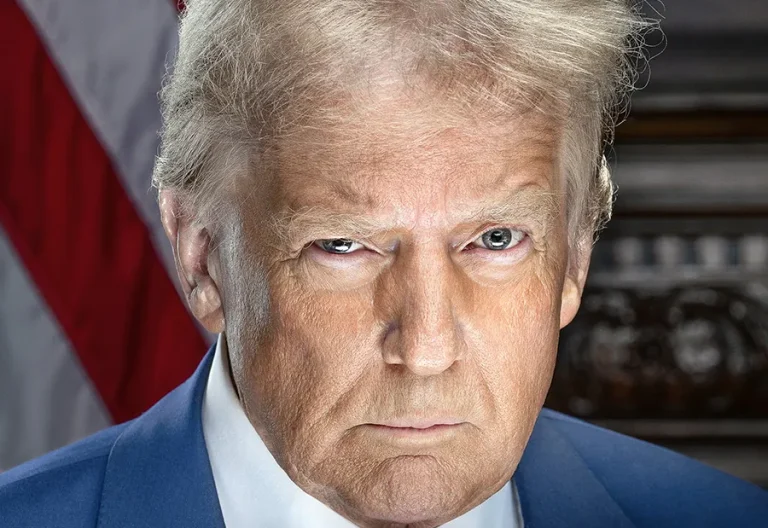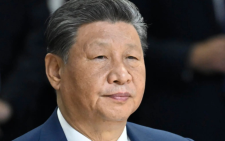Is Trump eyeing Kyiv’s rare earths to counter Beijing’s dominance?

Last week, President Donald Trump shocked the world by pausing military aid to Ukraine and halting intelligence-sharing with Kyiv, just days after a heated negotiation with Volodymyr Zelensky. Trump’s transactional diplomacy was evident earlier this year when he demanded Ukraine’s rare earth metals in exchange for American military assistance. As the world closely watches today’s meeting in Riyadh, rare earth metals remain a critical point of interest for Washington.
Have you ever wondered what rare earth metals are and why they are sought after by global powers like the US and its allies? Rare earth metals are vital in numerous advanced technologies—from electric vehicles and smartphones to military equipment and renewable energy systems.
In modern geopolitics, much like the control of waterways, the control of rare earth metals has become a key aspect of global trade. The country that controls these resources is seen as having a dominant influence over technology, electric cars, and military power.
During his first term, Trump confronted China, the world’s second-largest economy, with heavy tariffs in an attempt to stop its “Made-in-China 2025” initiative, which sought to reduce China’s dependence on foreign nations. Despite this pressure, China’s resilience made it clear that Washington could no longer rely on the Asian giant for rare earth metals.
While Trump may not have been completely fanatical by Ukraine’s rare earth metals, his actions reflect a clear recognition of the strategic importance of these resources. Access to a reliable supply is crucial for the U.S. to maintain its technological and military competitiveness, particularly as China dominates global production and refining.
Trump’s focus on securing alternative sources, including in Ukraine, was part of his broader effort to reduce U.S. reliance on China, which controls a substantial share of the global supply. By diversifying the supply chain, the U.S. hoped to secure its technological and military capabilities while reducing vulnerability to China’s dominance. Ukraine, with its untapped rare earth reserves, presented an opportunity to break China’s near-monopoly and ensure a steady alternative supply.
China’s dominance over rare earths has allowed it to wield considerable influence over global supply chains, raising concerns about over-dependence on a single nation. For China, rare earths serve as a powerful geopolitical tool—controlling the supply allows Beijing to dictate terms to countries dependent on these metals for both civilian and military purposes.
Rare earths are essential in industries such as renewable energy and defense, making them key to strengthening America’s technological and industrial sectors. Trump saw securing access to these resources as a means to maintain economic and energy independence, ensuring that the U.S. remains a leader in future industries. Extracting and processing rare earths internationally was also part of the broader goal of revitalizing U.S. manufacturing, creating jobs, and reducing reliance on foreign imports for critical materials.
As the global demand for rare earth metals rises, the geopolitics surrounding these materials will continue to shape the future of technology, industry, and global power dynamics.
The writer is a journalist and communication consultant















